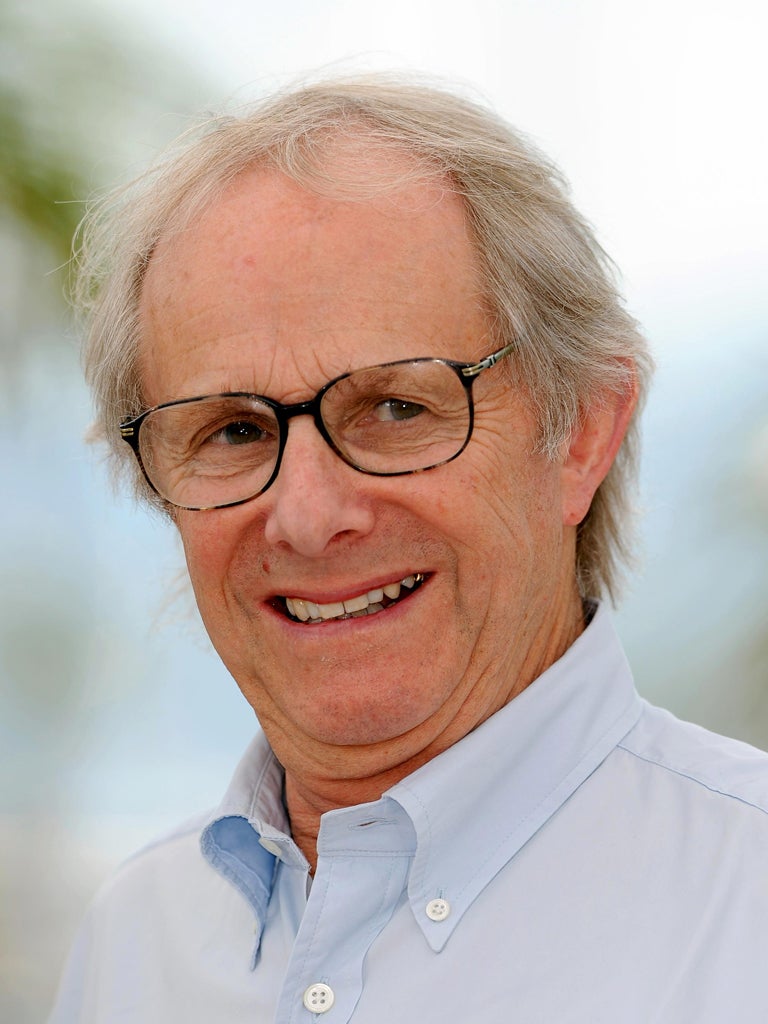Natural History Museum attacked over links to 'illegal' Israeli company

Your support helps us to tell the story
From reproductive rights to climate change to Big Tech, The Independent is on the ground when the story is developing. Whether it's investigating the financials of Elon Musk's pro-Trump PAC or producing our latest documentary, 'The A Word', which shines a light on the American women fighting for reproductive rights, we know how important it is to parse out the facts from the messaging.
At such a critical moment in US history, we need reporters on the ground. Your donation allows us to keep sending journalists to speak to both sides of the story.
The Independent is trusted by Americans across the entire political spectrum. And unlike many other quality news outlets, we choose not to lock Americans out of our reporting and analysis with paywalls. We believe quality journalism should be available to everyone, paid for by those who can afford it.
Your support makes all the difference.The Natural History Museum is today accused by a coalition of prominent academics and cultural figures of helping to break international law by leading a research project which involves an Israeli cosmetics company based in an “illegal” settlement in the occupied West Bank.
In a letter to The Independent, leading scientists and the film directors Mike Leigh and Ken Loach, condemn the London museum - which is the fourth most visited in Britain - for its research collaboration with Ahava - Dead Sea Laboratories (DSL), which sells beauty products based on minerals extracted from the Dead Sea.
The museum, which has a substantial academic research team, is co-ordinating NANORETOX, a European Union-funded project looking at any risks to human health and the environment posed by so-called nanoparticles - microscopic engineered materials which scientists are developing for multiple uses from cancer treatment to double glazing.
Ahava-DSL, which is one of a dozen institutions and companies involved in the project including two University of London colleges, has its registered headquarters listed in Israel but most of its activities are carried out in Mitzpe Shalem, a Jewish settlement on the edge of the Dead Sea in the West Bank.
Settlements in the Occupied Territories have been declared illegal under international law by the United Nations and the International Court of Justice. But despite international condemnation, the Israeli government insists that a large number of the settlements, including more than 120 on the West Bank, are not illegal.
In their letter, the 21 signatories, who include the eminent biologist Sir Patrick Bateson, president of the Zoological Society of London, and leading intellectual Sir Jonathan Miller, claim that the Natural History Museum’s connection with Ahava-DSL means that it is “co-ordinating an activity that breaks international law”.
They said: “[Ahava-DSL] extracts, processes and exports Palestinian resources to generate profits that fund an illegal settlement. Israel’s settlement project has been held... to break international law. Organisations which aid and abet this process may well themselves be found to be in violation.
“We find it almost inconceivable that a national institution of the status of the Natural History Museum should have put itself in this position. We call on the museum to take immediate steps to terminate its involvement in [the project] and to establish safeguards that protect against any comparable entanglement.”
The NANORETOX project began in December 2008 and is due to conclude at the end of this year, although campaigners say the involvement of Ahava-DSL has only now come to their attention. The company, which has conducted extensive research on nanoparticles for its products, was appointed to the project to supply materials and carry out toxicity tests.
The Natural History Museum yesterday defended its role in the research, saying that Ahava-DSL was chosen from a listed of scientific partners approved by the European Commission and suggested that any decision to boycott the project could be a challenge to “academic freedom”.
In a statement, Professor Ian Owens, the musuem’s director of science, said: “We work within the legal and policy boundaries established by politicians and policy makers, and would not participate in any academic or educational boycotts that could restrict academic freedom.”
Ahava-DSL, which has been the subject of a boycott campaign targeting its shops in Europe and America, did not respond to requests for a comment. The company has previously said that the Dead Sea mud and materials used in its products are excavated from Israeli land outside the occupied territories and that Mitzpe Shalem is not an illegal settlement.
Join our commenting forum
Join thought-provoking conversations, follow other Independent readers and see their replies
Comments